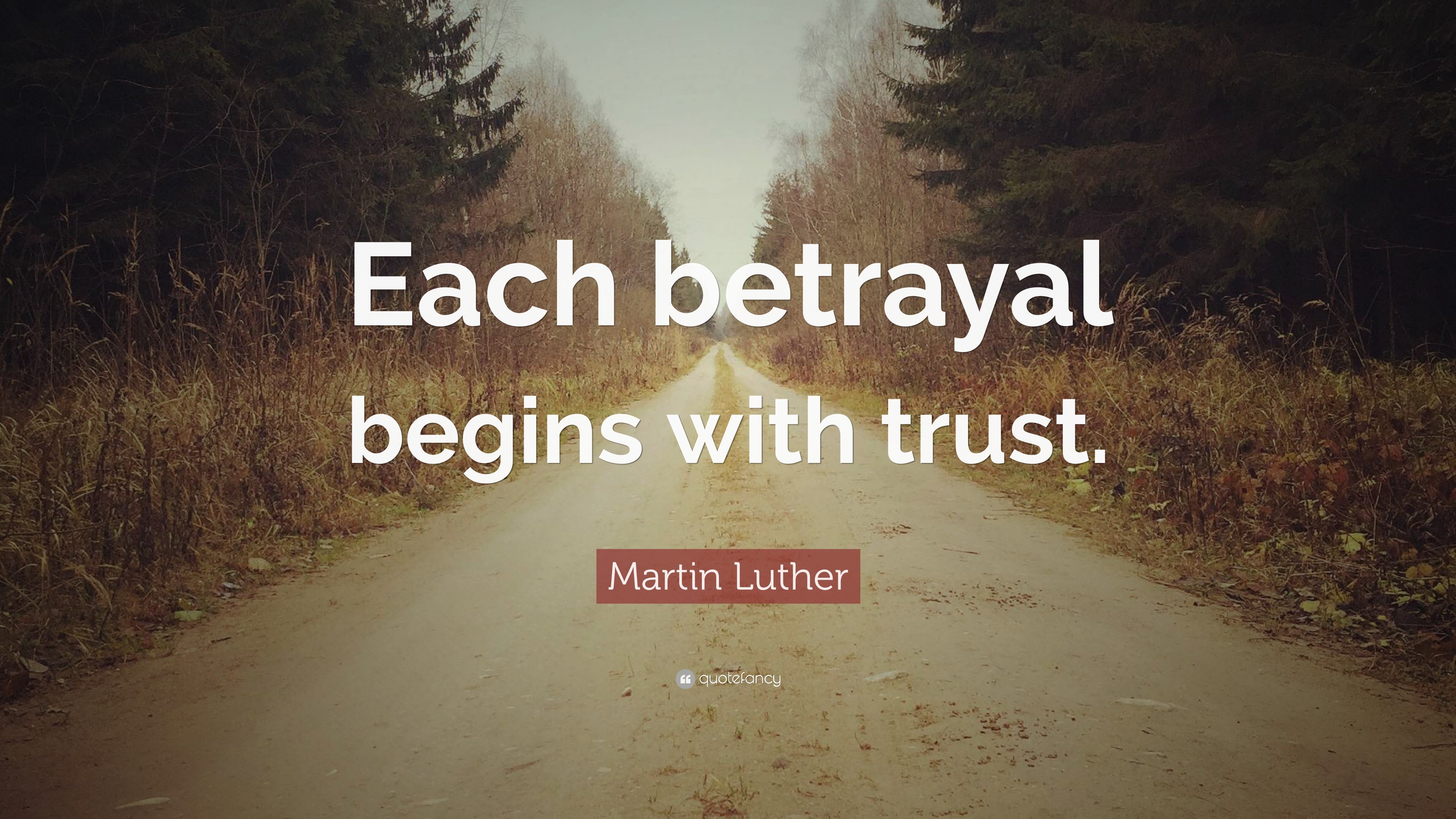House Built On Tears: The Profound Meaning Of Betrayal In Relationships Explained
Have you ever felt like your world crumbled after someone close to you betrayed your trust? Well, buckle up, because we’re diving deep into the concept of "house built on tears" and how betrayal can unravel even the strongest relationships. This isn’t just a poetic phrase—it’s a raw reflection of the emotional turmoil that happens when trust is shattered. So, if you’ve ever wondered what it means to have a "house built on tears," let’s break it down together and explore its implications in our personal lives.
Let’s be real—betrayal cuts deep. It’s one of those things that can make you question everything, from the people around you to your own judgment. Whether it’s a friend, partner, or family member who crosses the line, the pain can feel unbearable. But what exactly does it mean when someone says their "house was built on tears"? Is it just a dramatic way to express heartbreak, or is there more to it?
We’re here to unpack this heavy topic and provide clarity. From understanding the emotional weight of betrayal to exploring how relationships can rebuild—or not—after such an event, this article will guide you through the complexities of human connection. So grab a cup of coffee, sit back, and let’s dive into the house built on tears and what it truly represents.
Understanding the Concept of "House Built on Tears"
When we talk about a "house built on tears," we’re referring to relationships that are fundamentally unstable due to betrayal. Think of it like building a house on quicksand—no matter how strong the structure looks on the surface, it’s bound to crumble under pressure. Betrayal acts as that destabilizing force, leaving emotional scars that can take years to heal—if they ever fully do.
What Does "House Built on Tears" Really Mean?
The phrase "house built on tears" symbolizes the fragility of relationships where trust has been broken. It’s not just about the act of betrayal itself but the ripple effect it creates. For instance, if a partner cheats, it’s not just the infidelity that hurts—it’s the loss of trust, the shattered illusions, and the constant questioning of whether it could happen again.
- Betrayal often leads to feelings of insecurity and self-doubt.
- It can create a cycle of mistrust that affects future relationships.
- The emotional toll of betrayal can manifest in physical symptoms like anxiety and depression.
Why Betrayal is So Devastating in Relationships
Betrayal isn’t just a one-time event; it’s a seismic shift in the dynamics of a relationship. When trust is broken, it shakes the very foundation of what two people have built together. It’s like discovering that the ground beneath your feet isn’t as solid as you thought. And let’s face it—recovering from that kind of revelation isn’t easy.
Types of Betrayal That Can Destroy Relationships
Not all betrayals are created equal. Some are small, like keeping a secret or lying about something minor, while others are massive, like infidelity or financial deceit. Here’s a breakdown of the most common types of betrayal that can lead to a house built on tears:
- Emotional Betrayal: This includes lying, keeping secrets, or emotionally withdrawing from the relationship.
- Physical Betrayal: Infidelity is one of the most devastating forms of betrayal and often leads to the end of a relationship.
- Financial Betrayal: Hiding debts, overspending, or making major financial decisions without consulting your partner can erode trust quickly.
The Emotional Impact of Betrayal
When someone you love betrays you, it’s like having the rug pulled out from under you. Suddenly, everything you thought was true comes into question. It’s a rollercoaster of emotions, and it’s not uncommon to experience a range of feelings, from anger to sadness to confusion.
Common Emotional Responses to Betrayal
Here’s a look at the emotional journey many people go through after being betrayed:
- Shock: Initially, you might feel stunned and unable to process what happened.
- Anger: As reality sets in, anger often takes over. It’s a natural response to feeling violated.
- Sadness: The pain of betrayal can lead to deep sadness and even depression.
- Self-Doubt: Many people start questioning their worth and whether they deserved the betrayal.
Can Relationships Survive Betrayal?
Here’s the million-dollar question: Can relationships survive after a major betrayal? The answer is yes—but it’s not easy. It requires both parties to be committed to healing and rebuilding trust. And let’s be honest—it’s not for everyone. Some wounds are too deep to mend, and sometimes walking away is the healthiest choice.
Steps to Rebuilding Trust After Betrayal
If you’re willing to give your relationship another shot, here are some steps to consider:
- Open Communication: Both partners need to be honest about their feelings and what happened.
- Accountability: The person who betrayed the relationship must take responsibility for their actions.
- Patience: Healing takes time, and there will be setbacks along the way.
- Professional Help: Therapy can be incredibly beneficial in navigating the complexities of betrayal.
The Role of Forgiveness in Healing
Forgiveness is one of the hardest—but most important—steps in healing from betrayal. It’s not about excusing the behavior; it’s about releasing the emotional burden that comes with holding onto resentment. Forgiveness allows both parties to move forward, whether they choose to stay together or part ways.
Why Forgiveness is Essential
Forgiveness doesn’t mean forgetting—it means letting go of the anger and pain that’s holding you back. Here’s why it’s so crucial:
- It helps you reclaim your power and move forward with your life.
- It reduces stress and improves mental health.
- It opens the door to healing and potentially rebuilding the relationship.
When to Walk Away
Sometimes, despite our best efforts, relationships can’t be salvaged. If the betrayal was severe or repeated, it might be time to consider walking away. Staying in a toxic relationship can do more harm than good, both emotionally and mentally.
Signs It’s Time to Let Go
Here are some red flags that indicate it might be time to move on:
- There’s no genuine remorse or accountability from the person who betrayed you.
- The betrayal has caused irreparable damage to your emotional well-being.
- You feel unsafe or unsupported in the relationship.
Preventing Betrayal in Relationships
While we can’t control everything, there are steps we can take to reduce the likelihood of betrayal in our relationships. Open communication, trust, and mutual respect are key ingredients in building a strong foundation.
Tips for Building Trustworthy Relationships
Here’s how you can create a relationship that’s less likely to crumble under pressure:
- Communicate Openly: Share your thoughts, feelings, and concerns with your partner.
- Be Honest: Transparency is key to building trust.
- Respect Boundaries: Understand and respect each other’s limits and needs.
Conclusion: Healing from Betrayal and Moving Forward
Betrayal can feel like the end of the world, but it doesn’t have to define your future. While the concept of a "house built on tears" paints a bleak picture, it’s important to remember that healing is possible. Whether you choose to rebuild your relationship or start fresh, the key is to prioritize your emotional well-being and surround yourself with people who truly support you.
So, what’s next for you? Are you ready to confront the pain of betrayal and work toward healing? Or is it time to let go and focus on yourself? Whatever path you choose, remember that you’re not alone. Share your thoughts in the comments below, and don’t forget to check out our other articles for more insights on relationships and personal growth.
Table of Contents
- Understanding the Concept of "House Built on Tears"
- Why Betrayal is So Devastating in Relationships
- The Emotional Impact of Betrayal
- Can Relationships Survive Betrayal?
- The Role of Forgiveness in Healing
- When to Walk Away
- Preventing Betrayal in Relationships
- Conclusion: Healing from Betrayal and Moving Forward

10 Forms of Betrayal in Relationships That Can Be Damaging

Betrayal Quotes (40 wallpapers) Quotefancy

Betrayal Quotes (40 wallpapers) Quotefancy